You can always tell when a public figure has said something with the ring of truth about it by the abject apology and recantation which arrives a day or two later. By and large, the greater the truth, the more abject the apology. Often there is a sort of partial non-apology apology first: I’m sorry if I upset anyone, but I broadly stand by what I said, even if my wording was perhaps a little awkward. That, however, won’t do — by now the hounds of hell are howling at the back door. Social media is beside itself, wrapped up in its moronic inferno, the cybersphere splenetic with self-righteous outrage.
People who feel themselves to be a victim of this truth are the first to go berserk, then the multifarious groups who depend for their living on giving succour to one another’s victimhood get in on the act — charities, academics, specialists and so on. Witless liberals in the media start writing damning criticisms of the truth and the person who was stupid enough to tell the truth. Sooner or later even that cornucopia of incessant whining, Radio 4’s You and Yours programme, will have got in on the act.
By now there will have been the properly abject apology from the truth-sayer, all the more abject if it is someone regarded as being otherwise politically correct. But it may be too late. Already the truth-sayer’s employers are looking closely at his or her contract. The universities or quangos where the truth-sayer holds honorary titles or non-executive directorships are urgently convening meetings to discuss what this foul besom has said and what can be done about it to quieten the clamouring mentalist hordes out there. Sometimes — quite often — the police get involved. There is nothing more damaging to a career than telling an unfortunate truth. Even if it is only a partial truth.
So it is with the thinking man’s crumpet, Baroness (Joan) Bakewell. Poor Joan. She delivered herself of one or two opinions about anorexia nervosa, which was probably an unwise thing to do. There is nothing more likely to send liberals on the internet into a frenzy than to question the orthodox shibboleths of a primarily middle-class illness, which is of course what anorexia is.
Dyslexia is another one. State your doubts that in very many cases it exists at all and argue that it is simply a question of a thick middle-class child being given a diagnosis to placate its querulous parents (which current research suggests is the case) and all hell will break loose.
Alternatively, cast doubt on one of a myriad of supposed and again — in the vast majority of cases — wholly fictitious childhood allergies and see what happens. Or question yuppie flu — ME. That really gets them going. When I reported the latest research, which suggests that this illness is probably entirely mental in origin (with physical manifestations, of course), a sufferer really did call the police. Obviously one is cheered by the fact that she had the energy to lift up the phone. She later commented on a website dedicated to the illness that the police had asked her the name of the hate-monger who had made this vile assertion. ‘Rod Liddle,’ she replied. The police told her it was probably best just to ignore it, as Liddle was a ‘well-known arsehole’. Good to know there’s still at least one copper in the country with common sense.
So, Bakewell and anorexia then. She has already delivered herself of the customary two apologies, but the furore still rages on — and yes, You and Yours has got in on the act. They had one caller, mind, who suffers from anorexia and said that the Baroness had got it dead right. The presenter, Winifred Robinson, sounded as disgusted as if he’d defecated in her handbag, or announced that he was voting Ukip.
Bakewell said she thought the illness was something to do with narcissism, and the wish to be thin, and pointed out that there was no anorexia in countries where there was not enough food. There is surely some truth in that, even if it is not true in every case of anorexia. One of the first modern studies of this mental illness was written in 1982 — just as the modern, developed world was being swamped with case after case of what seemed to be a new disease afflicting, in the main, fairly affluent girls and young women.
The author, Joan Jacobs Brumberg, a professor at Cornell University, revealed that the affliction was well known in late-Victorian times and had been given its name (by a British doctor) as early as 1873. She revealed that it was first and foremost an illness of the middle class and added: ‘In the 19th century, there was a certain emotional and material privileging of girls. In a culture of affluence, food and eating become very important to people.’
‘Anorexia nervosa emerges in cultures that are food-abundant,’ she continued. ‘You don’t have anorexia nervosa in the third world: what you don’t eat, someone else will. Do you see it in Ethiopia? No. You see it in countries, like Japan, which are increasingly westernised.’ Professor Brumberg did not actually use the word ‘narcissism’, but her meaning is fairly clear — and almost identical to the statement made by Baroness Bakewell. But you could say that stuff back then and get away with it. Now you can’t.
As with a whole array of what we consider modern afflictions — alcoholism, fibro-myalgia, ME, dyslexia and so on — a whole industry has been built up to sort of sanctify anorexia. The charities and pressure groups have, in a sense, taken anorexia away from its sufferers and constructed around it a canopy of medicalised victimhood. As that rogue caller to You and Yours pointed out, this removes from the individual the need to take responsibility for his or her predicament. Of course, people with anorexia suffer. They are mentally ill. But this does not gainsay Joan Bakewell’s commonsense view of the matter.
Got something to add? Join the discussion and comment below.
Get 10 issues for just $10
Subscribe to The Spectator Australia today for the next 10 magazine issues, plus full online access, for just $10.
You might disagree with half of it, but you’ll enjoy reading all of it. Try your first month for free, then just $2 a week for the remainder of your first year.


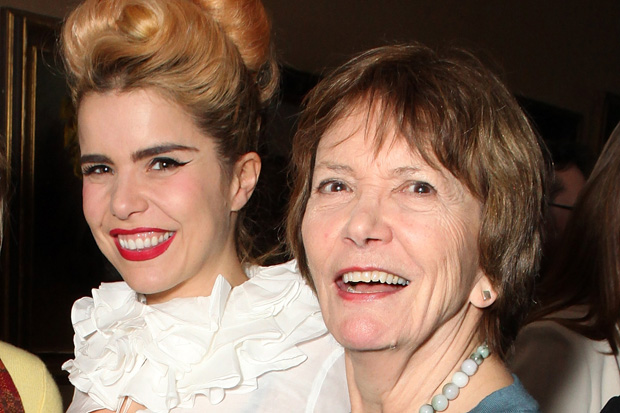
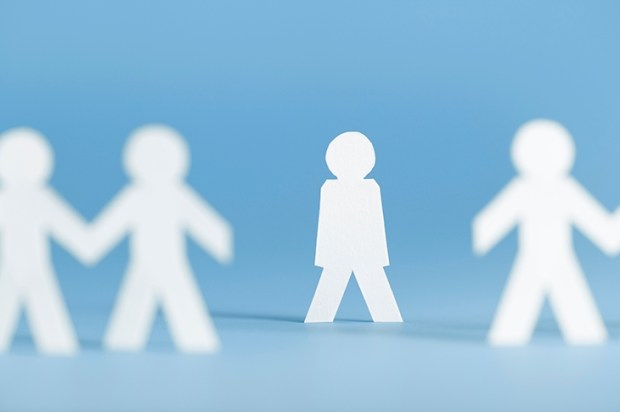
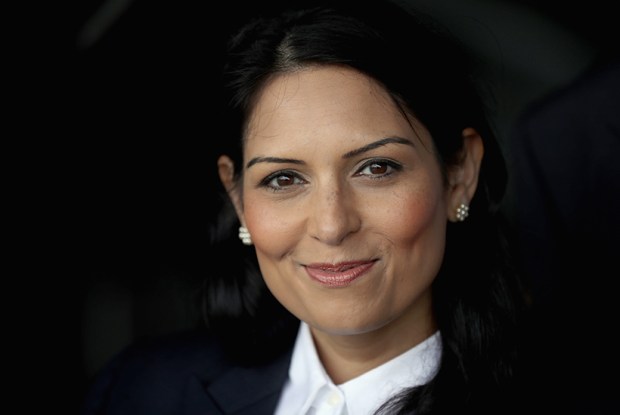
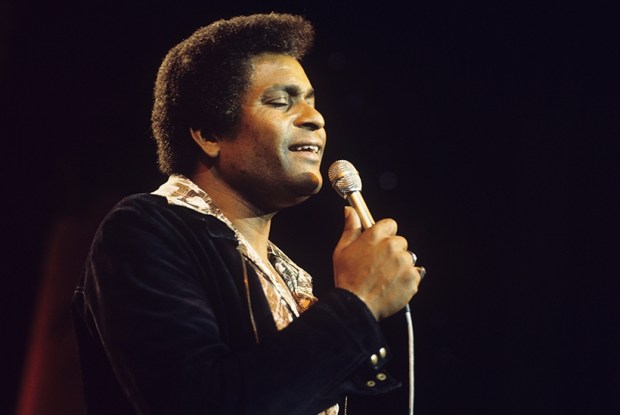

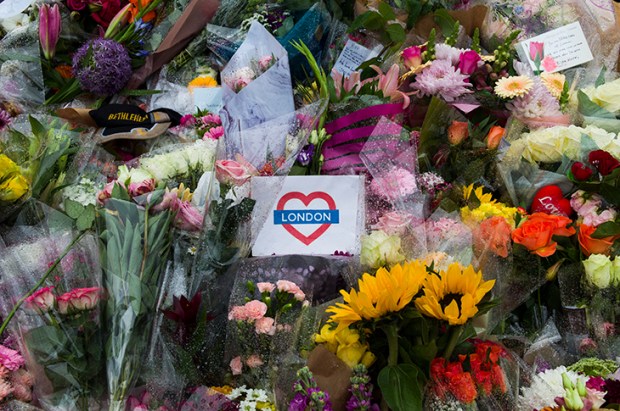







Comments
Don't miss out
Join the conversation with other Spectator Australia readers. Subscribe to leave a comment.
SUBSCRIBEAlready a subscriber? Log in